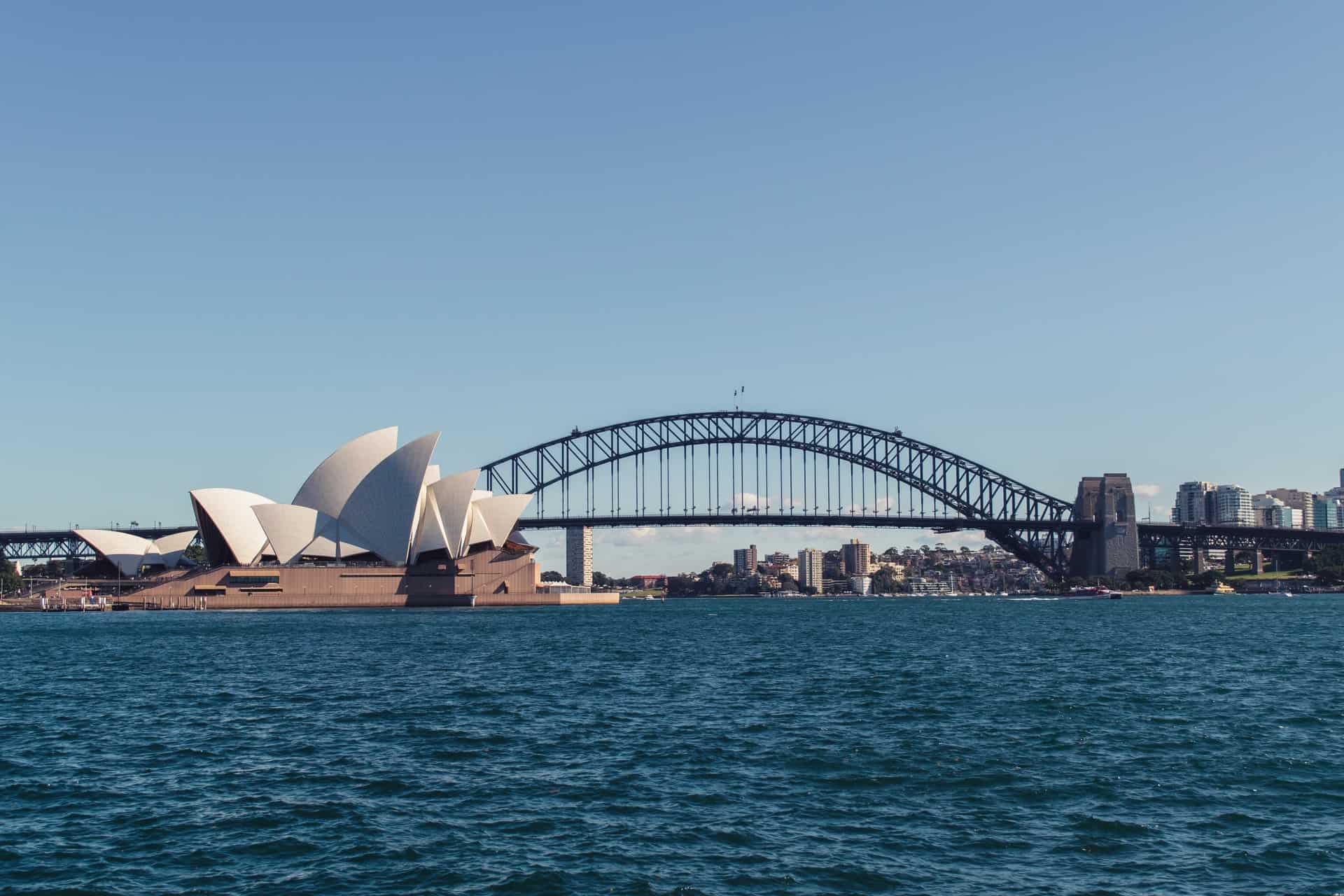
While the New Zealand and Australia Trans-Tasman Travel Bubble has started, a level of uncertainty remains for travel between Australia and the rest of the world.
Many countries will soon be expecting vaccines to be given before a person can travel or enter their borders.
Australia is falling behind with its vaccination targets compared to countries like the UK and USA.
Airlines and individuals are unable to plan with certainty, unsure as to when Australians will meet overseas expectations.
New Vaccination Targets Have Not Been Set
The Australian federal government has recently announced that they are dropping their previously stated target of first vaccine dose offered to every Australian by October this year.
They have not yet announced a new target date, causing unease and uncertainty for Australians and Australian businesses, particularly airlines.
Part of the delay in the vaccination program is a change in which vaccines should be offered.
Medical evidence now suggests that AstraZeneca’s vaccine has been linked to rare blood clots, as well as emerging news that the Johnson and Johnson vaccine has similar blot clot concerns.
The side effect is still ‘rare’; however, it is causing concern among governments and the general public.
The Australian government has been advised that people under the age of 50 should receive the Pfizer vaccine instead of the AstraZeneca one, to reduce the risk of rare blot clots.
This will mean that more Pfizer vaccines need to be ordered and delivered nationwide, as well as possible changes with storage and providing vaccine information to medical professionals and those taking the vaccine.
Prime Minister Scott Morrison received criticism from the opposition party for making the vaccine delay announcement via social media.
This sort of announcement would usually be made in a media conference, where journalists would have been able to ask questions and possibly provide more clarity for the public.
In his announcement, Mr. Morrison’s defense for the abandonment of the vaccine timeline was that disruptions and supply issues do occur, and Covid-19 makes its own rules.
He said that it is better to just ‘get on with it’ without set targets than have people disappointed if they cannot be met for various reasons that are out of the government’s control.
Australian Airlines Face Uncertainty Over Future Flight Schedules
Major Australian Airlines such as Qantas and Virgin Australia have expressed concerns over scheduling.
The public is now requesting that more international flights be available, but airlines cannot make guarantees given the current situation.
There is mounting pressure on airlines to expand services and give dates as to when schedules will be more regular, but they simply can’t without the go-ahead from government officials and without knowing the vaccine timeline.
Even without legal requirements or vaccine passports, many people may prefer not to travel until they are fully vaccinated against Covid-19 for their own safety.
Airlines cannot expect or prepare for bookings to increase as much until after a significant portion of the public has been fully vaccinated.
Without a vaccine timeline and targets, it’s tough to determine when that will be.
Being unable to plan and predict future sales puts strain on airlines, and they are unable to meet customer expectations and demands without sufficient data to back up those decisions.
They also have a responsibility to their customers to ensure that those traveling in and out of the country do so as safely as possible, under official medical advice.
Virgin Australia has stated that they are currently focused on restoring domestic operations to what they were. They are taking a flexible approach to short-haul international travel.
A spokesperson for Virgin Australia discussed passenger and crew public safety as a priority and the reliance on government and health officials’ advice.
The airline, like others, is waiting for it to be ‘safe’ officially, for international flights to resume, and changes to be made to their services and flight schedules.
Last month Alan Joyce, the CEO of Qantas, said that resuming international flights relied heavily on the progress of the Australian vaccination program.
The vaccination program protects those coming into Australia and protects Australians within the country from outbreaks and even deaths that may occur due to infected people coming in.
Easy Travel Insurance remains one of the very few travel insurers supporting travelers through the pandemic, offering cover for some coronavirus-related risks.
The future of international travel in Australia is hanging on the success of the vaccination program.
An effective vaccination program will mean that those traveling in and out of Australia reduce their risks from Covid-19 and the risks for those around them.
______
This story is brought to you in partnership with Easy Travel Insurance.
Planning a trip? Go Backpacking recommends:
- G Adventures for small group tours.
- Hostelworld for booking hostels.
